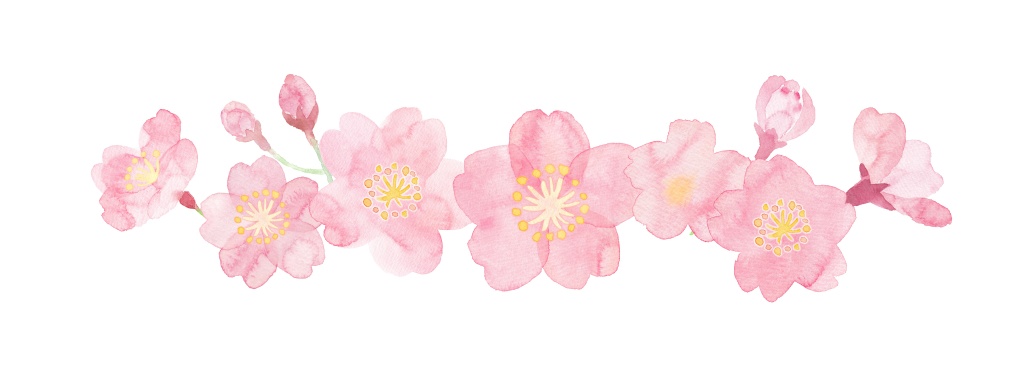By Kelly Cao ’24 for Fall 2020 Issue
It is winter, and the wind this morning gushes from the crevice of the valley, disrupting their structured disarray. Despite their persistent calls of concern, the curious girl, buried and shielded within layers of wool jackets and scarves, emerges, stepping outside. Crushing the brown, wrinkled crisps, she marvels at the sight of this invisible being. Their ability to provoke her past, invoke her present, and engulf the future. Together, they play a game of tag, but the little girl stumbles — lost in the collision of her memories; the chasséing leaves somehow always slipping out of her hands, leading her on, guiding her deeper into the tessellation. Now, disheartened and frustrated by their taunts and victory, she falters; away from the incriminating tunnel vision, wishing she had listened to their calls instead. But she is awestruck, greeted and comforted by the confrontation of intense clarity, warmth, and joy.
She crosses her legs, seating herself in the back row of the empty concert hall. What a performance. The pirouetting leaves — the ensemble of orange, red, and yellow assortments, though thoroughly dead, are so animated in the air.
The wind are the artists. Every mosaic assembled and arranged with unique memories — its jagged squares filed, felt, and familizarized. Eventually, she welcomes the caressing wind, finally embracing their unrequited acknowledgement and adoration.
For the scent of rubber gloves outside wet markets and the percolating salty, fish perfume. It is knowing what you have until it’s gone; the epiphanies and “aha” moments behind back alleys and regretful reluctance.
“Why do we have to go to the fish market?” you tug at Lao Lao (gradmother)’s sleeve, flinching at every staccato of the symphonic knives, scalers, and wet boots. Ahead, greeted by endless aisles of guts and gills, you tighten your grip on her hand, taking your last breath of uncontaminated fresh air. Finally, you exhale — hesitantly — submerging yourself within the pungent scent of putrid ammonia. The Uncles and Aunties reach into uniform plastic containers, rolling their sleeves up, preparing for a battle against these incarcerated silver bodies. Children pinch their noses to block out the rancid scent of reeking fish, while parents bargain for cheaper prices. How much? Too much. Whack. The hairs on our arm shoot up.
Why couldn’t we have gone to the Marketplace grocery store that was down the street? Where fresh produce lined up neatly in rows of four and five. Anchovies, Sardines, Groupers. All perfectly secure, wrapped, and blanketed in plastic. Gone. Now, you inhale the sickly sweet scent of laundry detergent, searching wilfully for the reminiscent fishy aroma.
For Lao Lao’s hands: raw, callused, pink, bent, and swollen.
She sits on Lao Lao’s lap, her eyes transfixed, entranced by tales of Japanese folklore; Momotaro, the enchanted mirrors, and sakura songs.
Remembering sakura: their entrancing pink clouds of beauty, taking an effortless downwards course, unveiling the secrets of sacred culture and tradition. They are the embodiment of fragility, impermanent beauty, and the fleeting nature of life. The mountains, the unpaved serenity, towering yuzu trees, the daily game of hide and seek with ojisan (unlce) and overhead foreign planes, the dreaded pins and needles plaguing the soles of her feet, the muffled ringing silence of solitude and windchimes, praying for those that have given and for those that are giving, the ones that have lost and the ones who are lost, in the secure et turbulent waves, for the calluses and for the fingerprints. She wraps her hand in lao lao’s hemisphere. Though miles away and heavily cloaked in hairspray, the briny sea air and soft scented cherry blossom could never be washed away. Lao Lao’s prowess lay in her hands. A magnificent statue for history, honor, and admiration.
